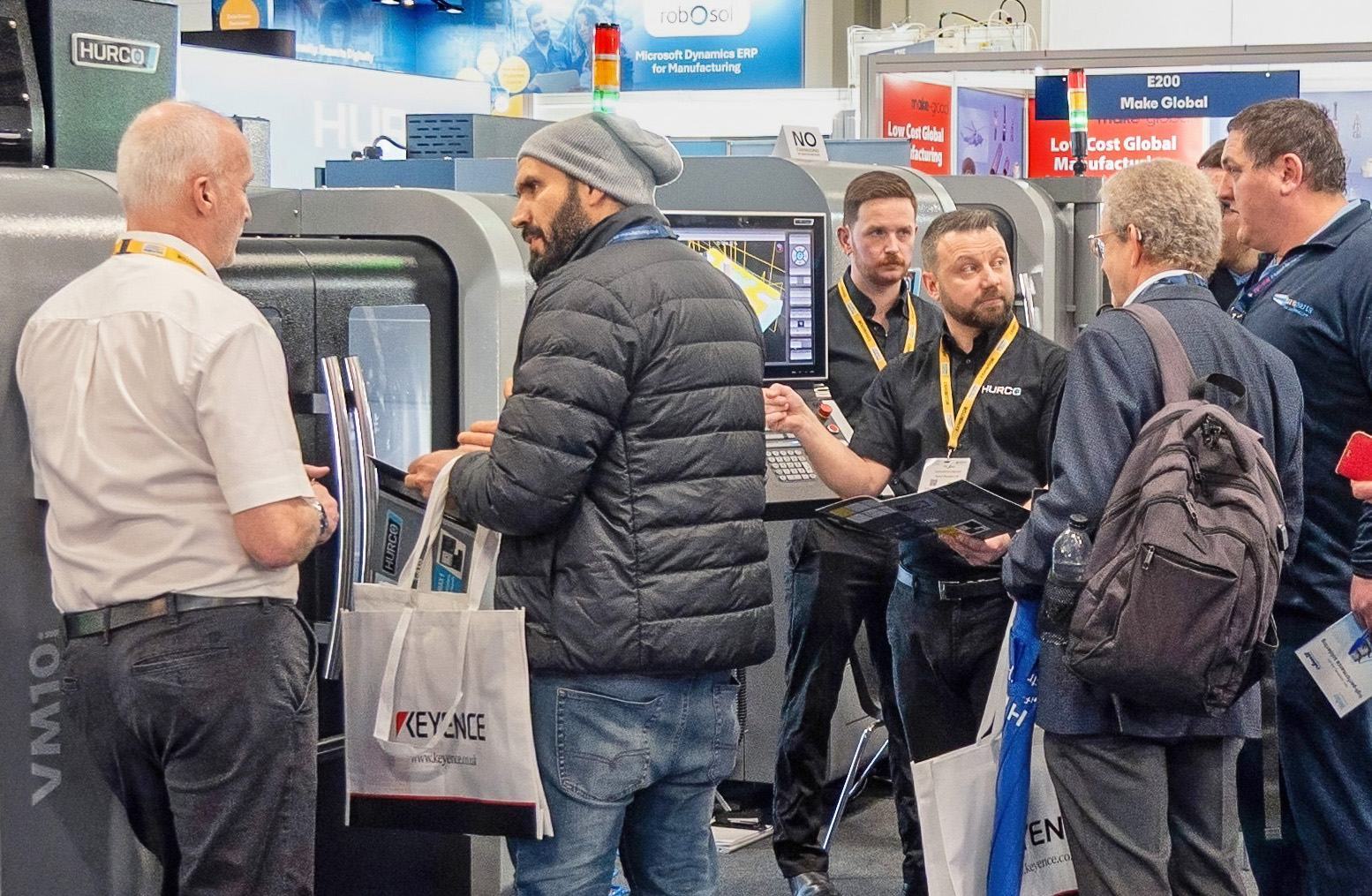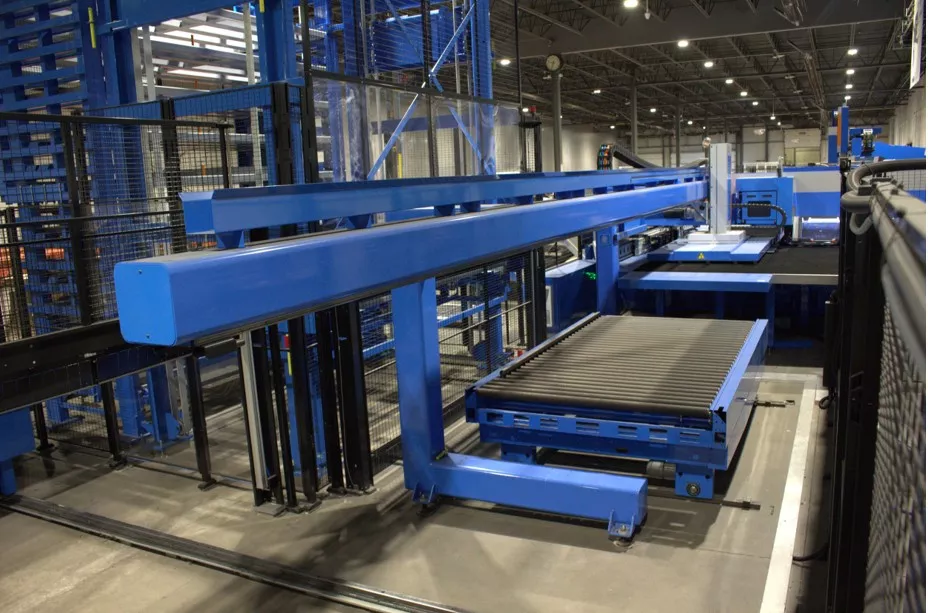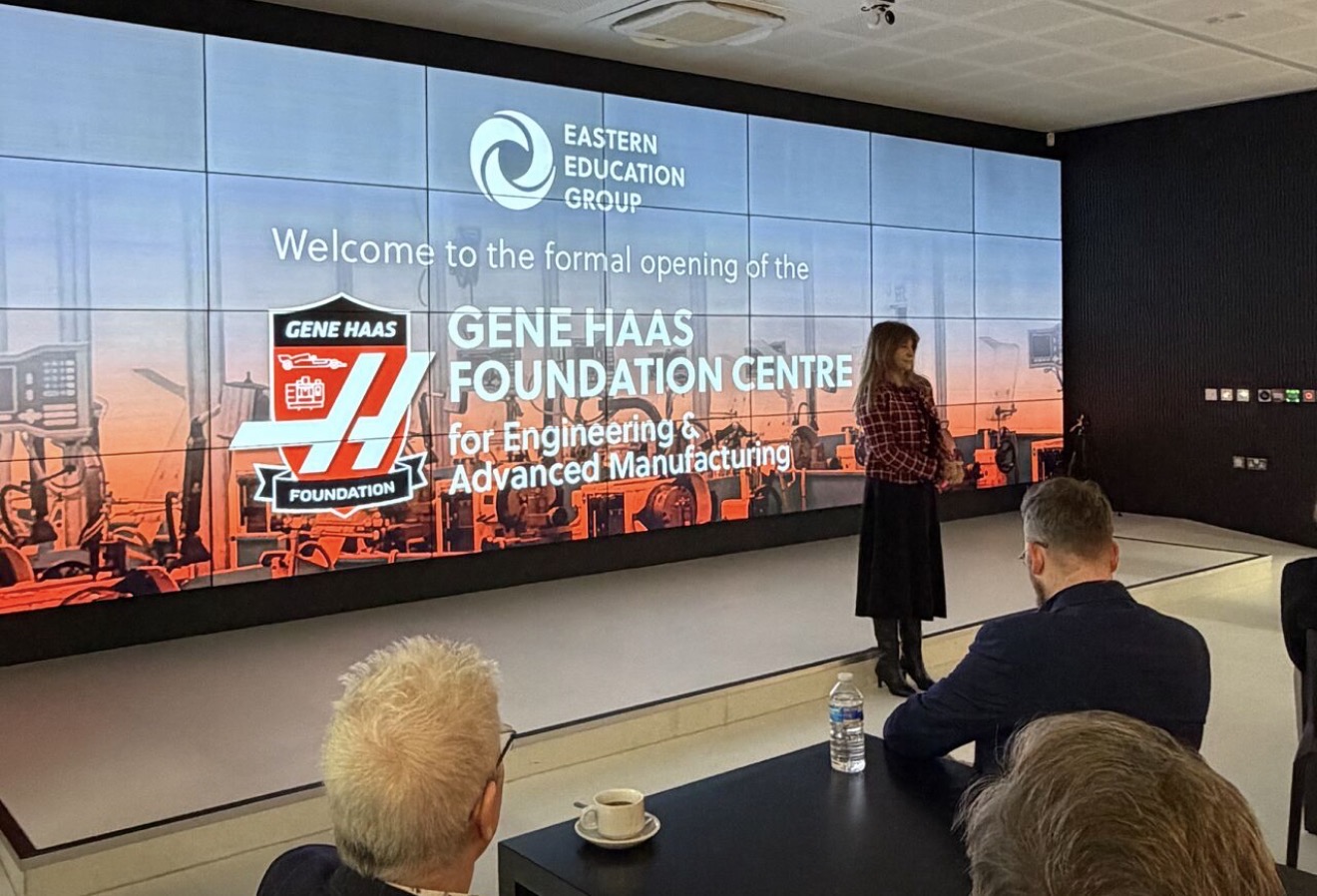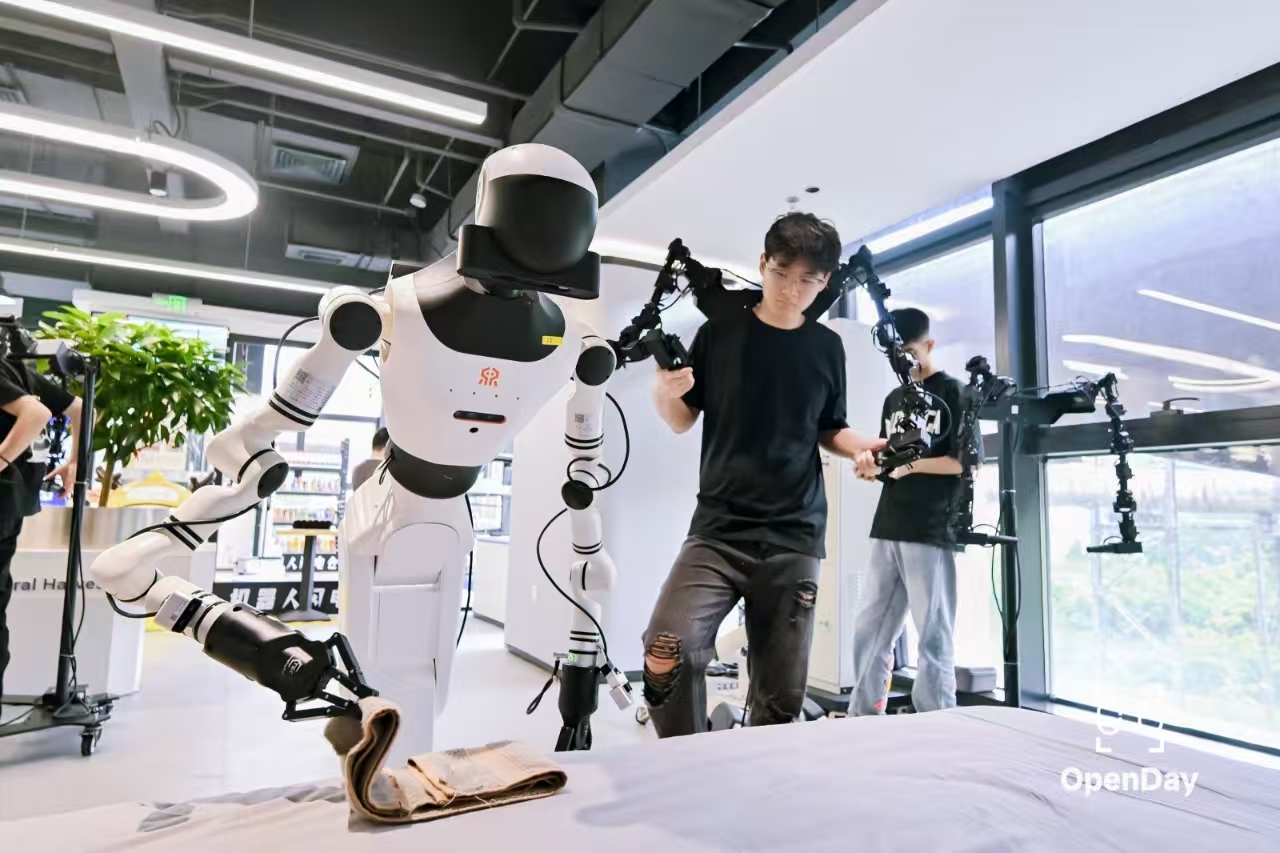CoLab unveils AI solution with big gains for mechanical product design
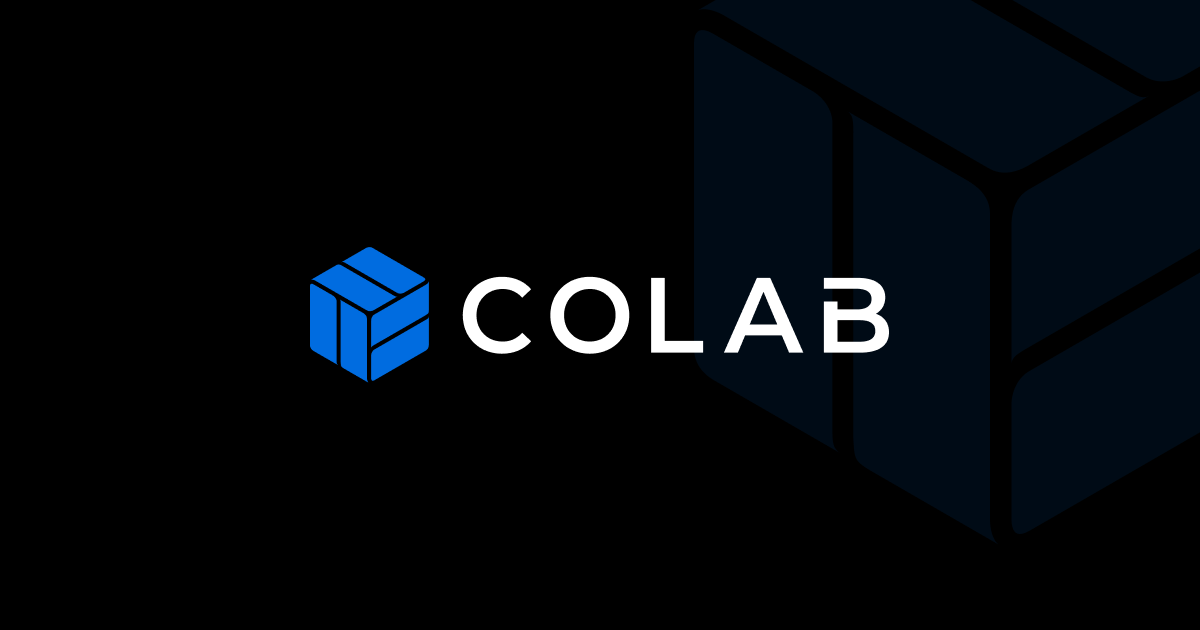
CoLab, a technology company building collaboration solutions for mechanical engineering and hardware development teams, has launched new AI tools to help mitigate the risks of product delays, quality issues and revenue loss. It is the first design review solution to apply artificial intelligence (AI) and machine learning (ML) to a natural language dataset. The solution is being sold through a partnership programme, which is set to shift corporate conversations about AI into proactive and effective adoption for mechanical engineering businesses.
The launch is in response to several industry challenges. An estimated 33% of new engineering roles are left unfilled, a skills gap compounded by an aging workforce and ever increasing specialist knowledge requirements in product design. In addition, new entrants to the industry are globally dispersed and digitally native, accustomed to consumer grade technology.
“Most product design teams still have to rely on manual processes for design reviews,” says Adam Keating, Co-Founder and CEO of CoLab. “This means technical feedback is shared in meetings and documented inconsistently with admin-intensive tools. The result is slow and ineffective decision-making and an ever present risk that when key subject matter experts leave the company or retire, their expertise will go with them.”
43% of design insight lost in the review process
A survey of 250 engineering leaders at companies with over 1,000 employees that have adopted product lifecycle management (PLM) systems revealed an estimated 43% of design insights and feedback is lost in the review process. And, for 87% of engineering leaders, it can take hours or even days to find the information required to justify a single design decision.
CoLab’s core Design Engagement System (DES) enables teams to run asynchronous 2D and 3D model reviews that generate a database of technical comments automatically, as a by-product of engineers performing their day to day tasks. The platform injects an organisation’s subject matter expertise into every design without SMEs having to participate in every design review.
The new launch applies ML to this system to identify similar design issues and lessons learnt. It works by using a similarity engine to identify drawings and models similar to the one currently under review, analysing technical comments from past reviews on those files, and highlighting useful historical feedback to engineers. These insights can then be used to inform better and quicker design decisions, ensure the same design mistakes do not happen repeatedly, and give engineers more time to focus on complex issues and innovation.
Accelerate design cycles by 100%
The technology company already works with big engineering organisations including Ford Pro, Johnson Controls and Mainspring Energy to speed up design cycles by 100%, realise revenue months sooner, decrease bill of materials (BOM) costs by 50%, and attain eight-figure cost-saving engineering targets.
“In today’s competitive market there’s no room for overspend, product delays or expensive recalls, all of which have a big impact on market reputation and customer loyalty, and could take a company back years,” continues Adam Keating. “Engineers, designers and other stakeholders already create tens of thousands of technical comments in CoLab‘s software platform each year and we know how to apply AI in mechanical product design. We have a clear product roadmap to deliver the tools the industry needs with further new launches this year. The reality is, manufacturing organisations that do not leverage the benefits of AI quickly risk being left behind.”
The company is researching and developing tools that will bring valuable downstream data, including warranty claims and scrap data, into upstream design reviews for the first time, and auto-review functionality that can complete basic design checks based on user-defined checklists.
As generative AI is a developing technology, CoLab has strict security policies to mitigate the risk to intellectual property (IP) and does not leverage or use data or knowledge across customers or to develop its own models. The company’s rigorous security processes enable organisations to use AI with confidence, with the solution trusted by Fortune 500 manufacturing companies.

